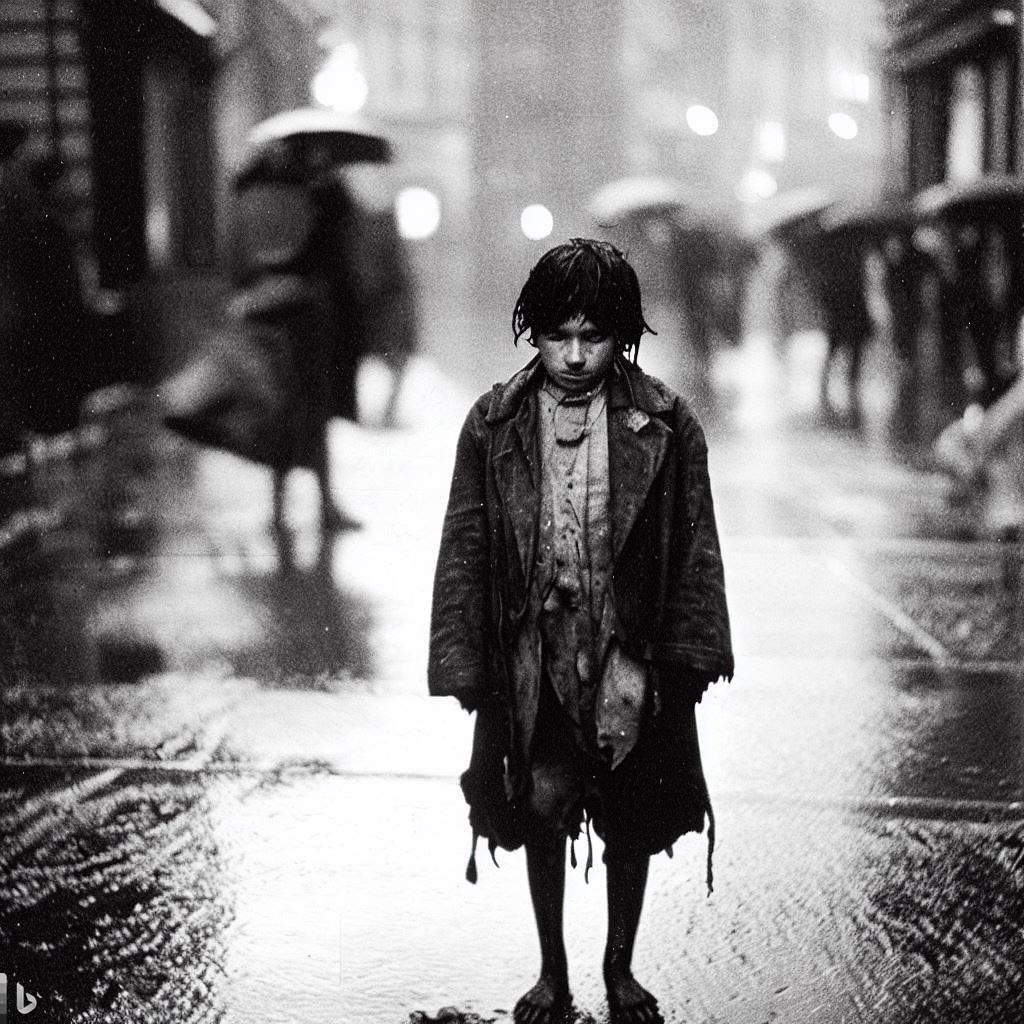
Oh, to live in the world of 19th-century classic literature! Can you imagine the swirling passions and the untamed emotions of characters caught in a world of social constraints and moral dilemmas? Well, you’re in for a treat, my friend. Fasten your seatbelts as we embark on a journey to discover the beauty, intensity, and allure of 19th-century classic literature.
The Rise of the Novel
During the 19th century, the novel rose to prominence as a literary form, and with it came an explosion of creativity and storytelling. Here are some major genres that defined the era:
- Realism and Social Commentary
The world was changing, and literature reflected this. Realism emerged as a response to the social and political upheavals of the time, focusing on the everyday lives of ordinary people. As a result, authors began to depict the harsh realities of the society in which they lived.
- The Gothic Novel
Mystery and horror seeped into literature, with Gothic novels embracing the supernatural and the macabre. Dark and brooding, these stories often explored psychological depths and the darker side of human nature.
- Romanticism
On the other hand, Romanticism brought forth a celebration of emotion, nature, and the individual. This literary movement sought to evoke intense emotions in readers and allowed authors to explore the depths of human passion.
Notable 19th-Century Authors
Let’s meet some of the literary giants who graced the 19th century:
- Jane Austen
Austen’s novels are admired for their wit, humor, and astute observations of society. Her works, like “Pride and Prejudice” and “Emma,” explored themes of love, marriage, and the role of women in society.
- Charles Dickens
Dickens is known for his vivid characters and compelling stories, which often highlighted the social issues of his time. “Oliver Twist,” “A Tale of Two Cities,” and “Great Expectations” are just a few of his masterpieces.
- Mary Shelley
Shelley’s “Frankenstein” stands as a defining work of Gothic literature, exploring the boundaries of science, ethics, and the human spirit.
- Emily Brontë
“Wuthering Heights,” Brontë’s only novel, is a dark and passionate tale of love and revenge set against the wild Yorkshire moors.
- Nathaniel Hawthorne
Hawthorne’s works, such as “The Scarlet Letter” and “The House of the Seven Gables,” delved into themes of sin, guilt, and the complexities of the human heart.
- Leo Tolstoy
Tolstoy’s epic novels, including “War and Peace” and “Anna Karenina,” delve into the intricacies of human emotions, relationships, and the struggle for meaning in life.
- Fyodor Dostoevsky
Dostoevsky’s complex and psychologically intense novels, like “Crime and Punishment” and “The Brothers Karamazov,” grapple with profound moral and existential questions.
- George Eliot
Eliot, the pen name of Mary Ann Evans, wrote novels like “Middlemarch” and “Silas Marner” that explore the complexities of human nature and society with empathy and insight.
- Thomas Hardy
Hardy’s works, such as “Tess of the d’Urbervilles” and “Jude the Obscure,” depict the tragic fates of characters caught between their desires and the constraints of society.
Themes in 19th-Century Literature
Dive deeper into the heart of 19th-century literature by exploring these key themes:
- Social Issues
19th-century literature often confronted the social issues of the time, addressing poverty, inequality, and the harsh conditions faced by the working class.
- Morality and Religion
Morality and religion played a significant role in the lives of 19th-century people, and literature often explored the tension between personal beliefs and societal expectations.
- Nature and Industrialization
As the world became more industrialized, authors turned to nature as a refuge and a source of inspiration, often contrasting the beauty of the natural world with the harsh realities of urban life.
Conclusion
The 19th century was a time of great change and transformation, and its literature reflects the passions, struggles, and beauty of the era. Through the words of these literary giants, we can experience the depth of human emotion, the pain of unrequited love, and the joy of personal triumph. So, my dear reader, lose yourself in the pages of 19th-century classic literature and allow your heart to be swept away by the tide of human experience.
FAQs
- What is the significance of 19th-century classic literature?
19th-century classic literature is significant because it captures the social, political, and emotional landscape of the era, offering valuable insights into the human experience.
- How did the rise of the novel impact 19th-century literature?
The rise of the novel allowed authors to explore complex themes, emotions, and social issues in a more comprehensive and engaging way than ever before.
- What are some common themes in 19th-century literature?
Common themes in 19th-century literature include social issues, morality and religion, nature and industrialization, and the complexities of human relationships.
- Why is 19th-century literature still relevant today?
19th-century literature remains relevant because it explores timeless themes and emotions that continue to resonate with modern readers.
- How can I start exploring 19th-century classic literature?
Begin by choosing a few notable authors or genres that interest you and delve into their works. Reading book summaries, and analyses, or even watching film adaptations can also help you gain a better understanding of these literary masterpieces.